Description
Bee pollen
Bee pollen has been used in the diet of athletes for a long time. It is a very valuable and biologically active product. Bee pollen contains many minerals, trace elements and more than 5000 enzymes. It is rich in vitamins E and B – to increase physical endurance, energy and muscle strength, reduce muscle damage after physical exertion and ensure a healthy nervous system. Bee pollen contains all amino acids, including leucine and lysine, which stimulate protein synthesis and promote muscle growth. It also contains rutin, which is necessary for capillary tightening. Bee pollen also contains magnesium, which helps maintain muscle and nerve function, maintain a steady heart rhythm. It also contains potassium, iron, calcium, zinc and copper and other valuable elements. It is known that Muhammad Ali, the former heavyweight boxing champion, has used bee pollen throughout his career to strengthen the body. Bee pollen is also given as a supplement to athletes of many national teams.
Brewer’s yeast
Brewer’s yeast is a very rich and useful source of vitamins and minerals. It contains most of the B complex vitamins (B1 / thiamine, B2 / riboflavin, B3 / niacin, B5 / pantothenic acid, B6 / pyridoxine, B7 / biotin and B9 / folic acid). B complex vitamins are necessary for the proper functioning of the nervous and muscular systems. Brewer’s yeast also contains the minerals chromium and selenium. Brewer’s yeast promotes the body’s metabolism, helping the body to fully process and use carbohydrates, fats and proteins. Brewer’s yeast contains the amino acids lysine, methionine, threonine, leucine, isoleucine, valine, histidine, arginine, serine, alanine, phenylalanine, tyrosine, glycine, proline, aspartic acid, glutamic acid. Before the creation of artificial fitness supplements, athletes often supplemented their diets with brewer’s yeast to provide additional protein, which promotes muscle growth and muscle mass growth.
Magnesium
Magnesium is necessary for the body to function properly. One of the main roles of magnesium is to help ensure the body’s biochemical reactions. It is involved in more than 600 biochemical reactions in the body, which ensure energy production, protein formation from amino acids, muscle contraction and relaxation, nervous system regulation, normal heart rhythm.
Magnesium helps regulate blood sugar levels and muscles and get rid of lactate, which accumulates during physical exertion and causes fatigue. Magnesium promotes normal muscle function, helps reduce fatigue and weakness, promotes normal nervous system function, helps ensure normal energy-yielding metabolism. Studies show that the use of magnesium can improve performance and improve strength and speed characteristics in various sports. Studies have also shown that the stabilization of the nervous system and a decrease in stress hormones in athletes.
Vitamin C
Vitamin C is used quickly in the body, so we must take care of its regular intake, because the human body is one of the few living organisms that is unable to synthesize or accumulate vitamin C on its own. The best-known property of vitamin C is its ability to strengthen immunity, which is especially important for athletes under conditions of increased stress. Vitamin C is an antioxidant that protects muscle cells from free radical damage, thereby promoting their regeneration and growth. Vitamin C (ascorbic acid) is also involved in the metabolism of amino acids. Vitamin C promotes the formation of collagen. Collagen is responsible for the health of skin, tendons, bones, hair, nails, teeth, joints and connective tissue. Vitamin C helps absorb iron. Iron is necessary to help oxygen bind to hemoglobin in the blood, thus ensuring the use and transport of oxygen in the bloodstream. Without the full use of oxygen, normal muscle function is impossible.

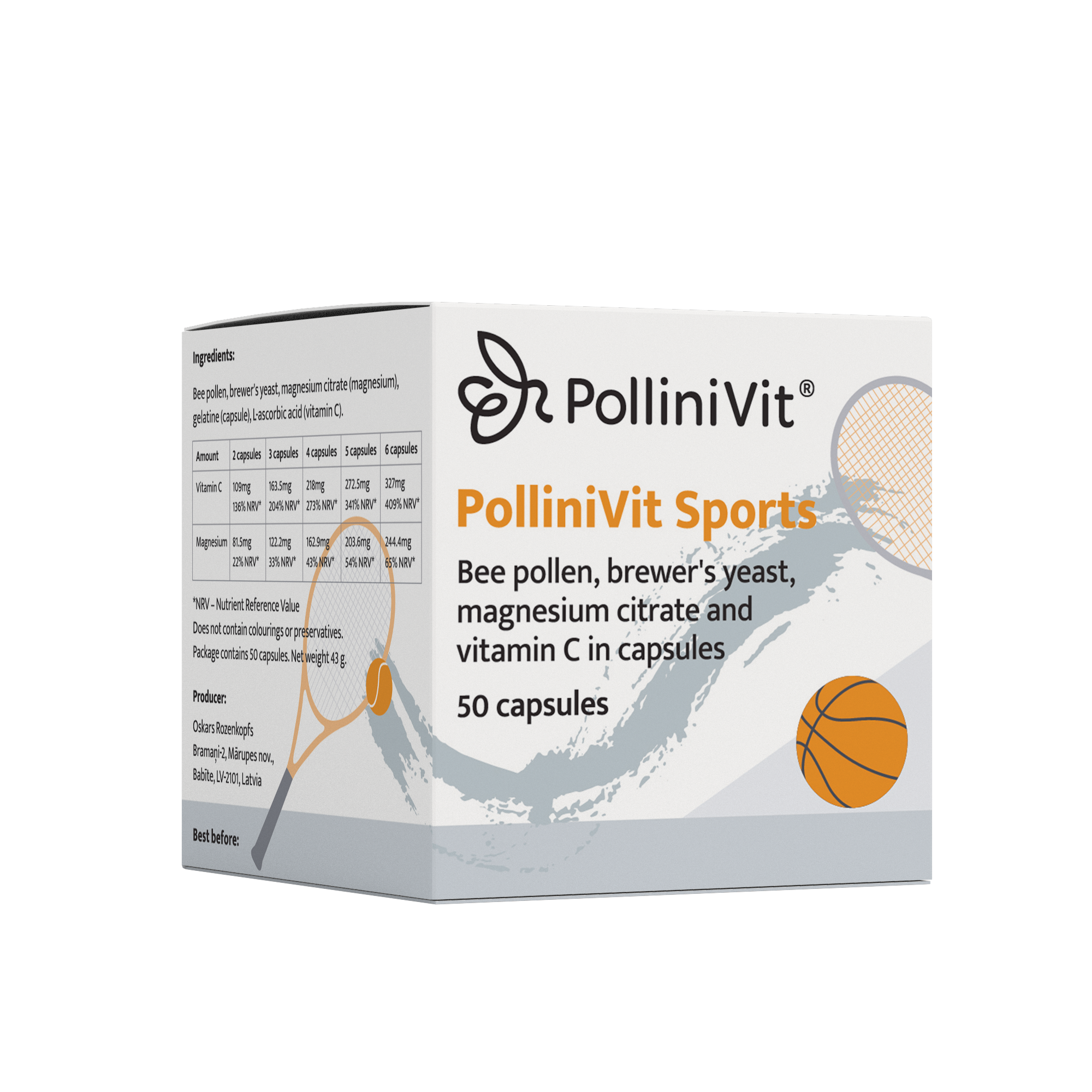
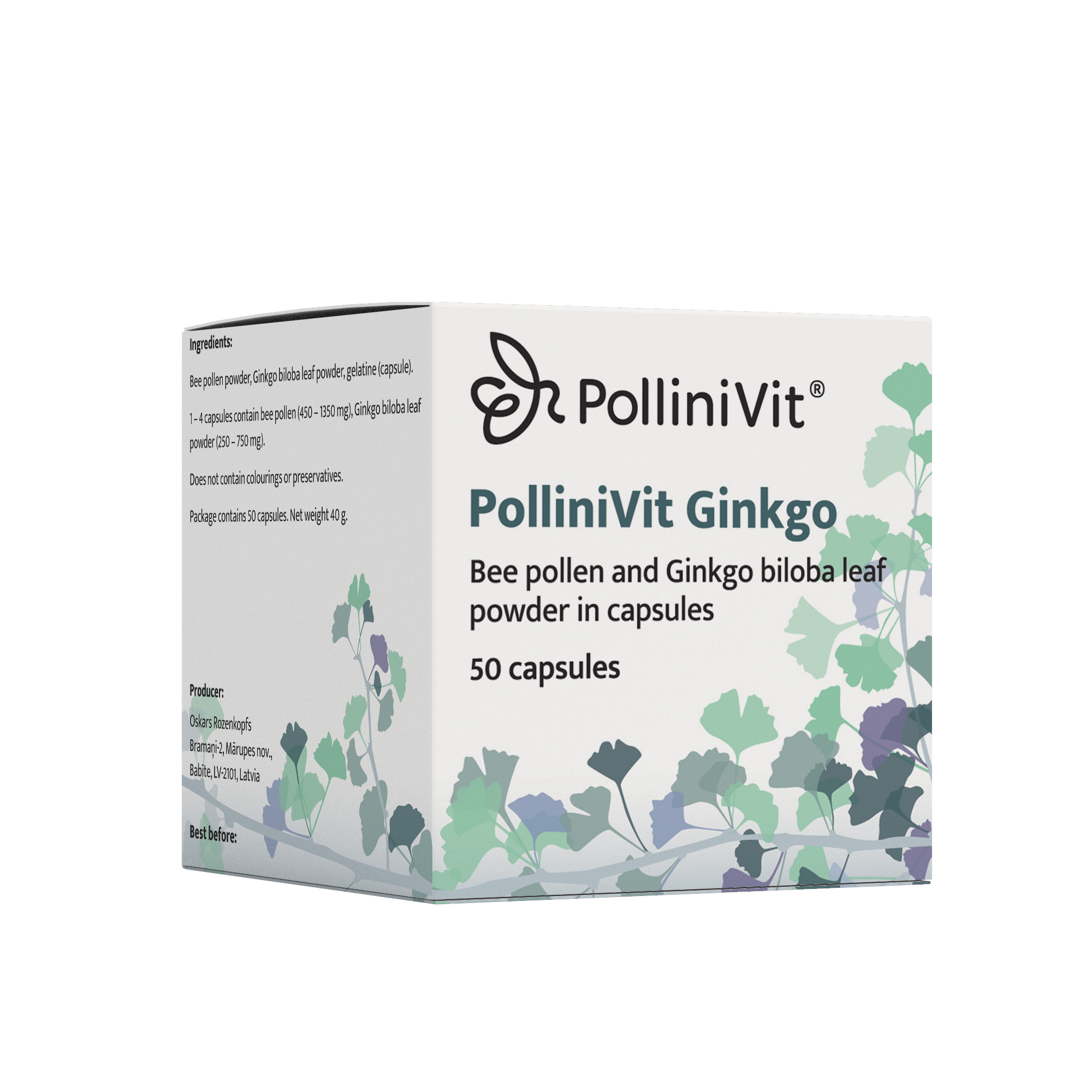
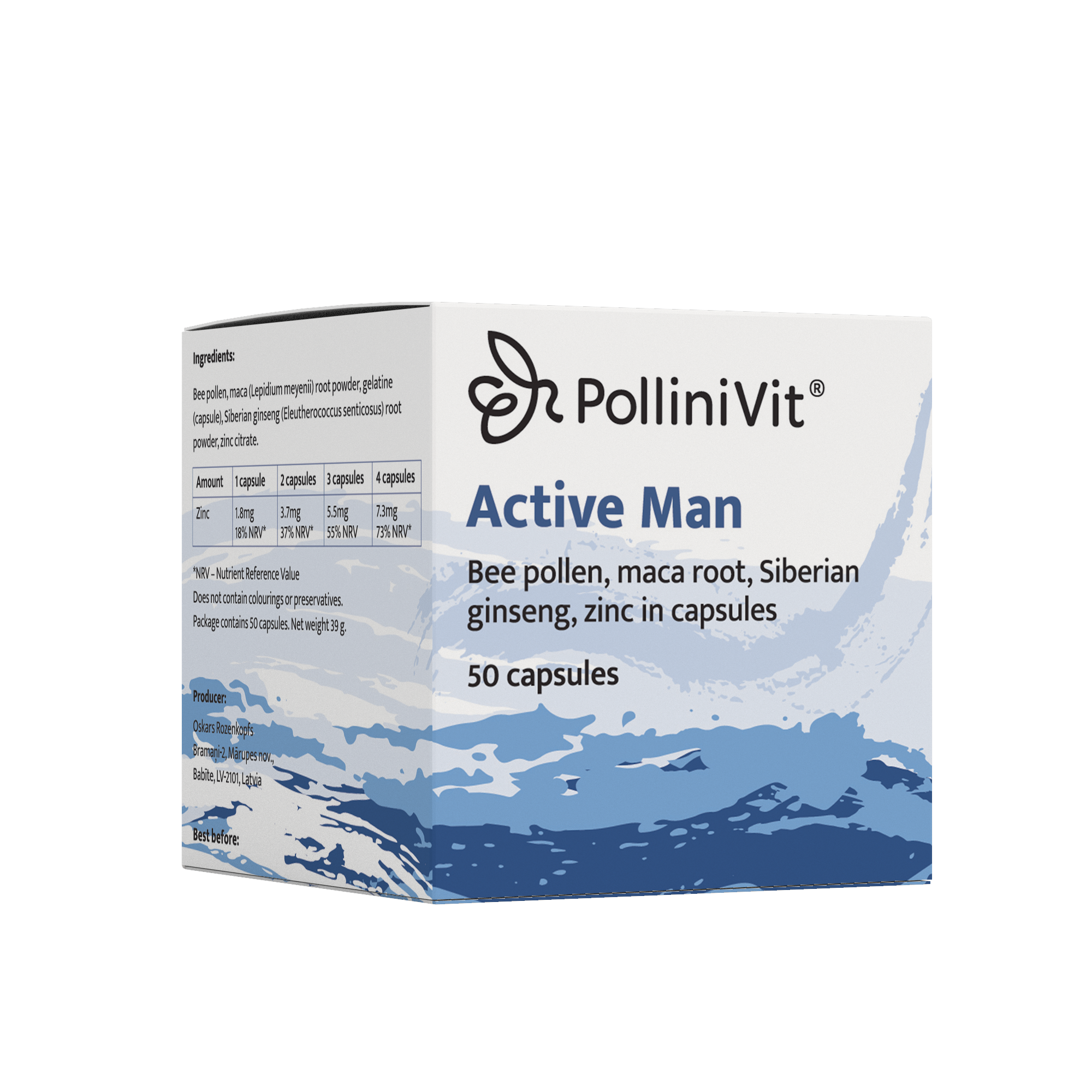
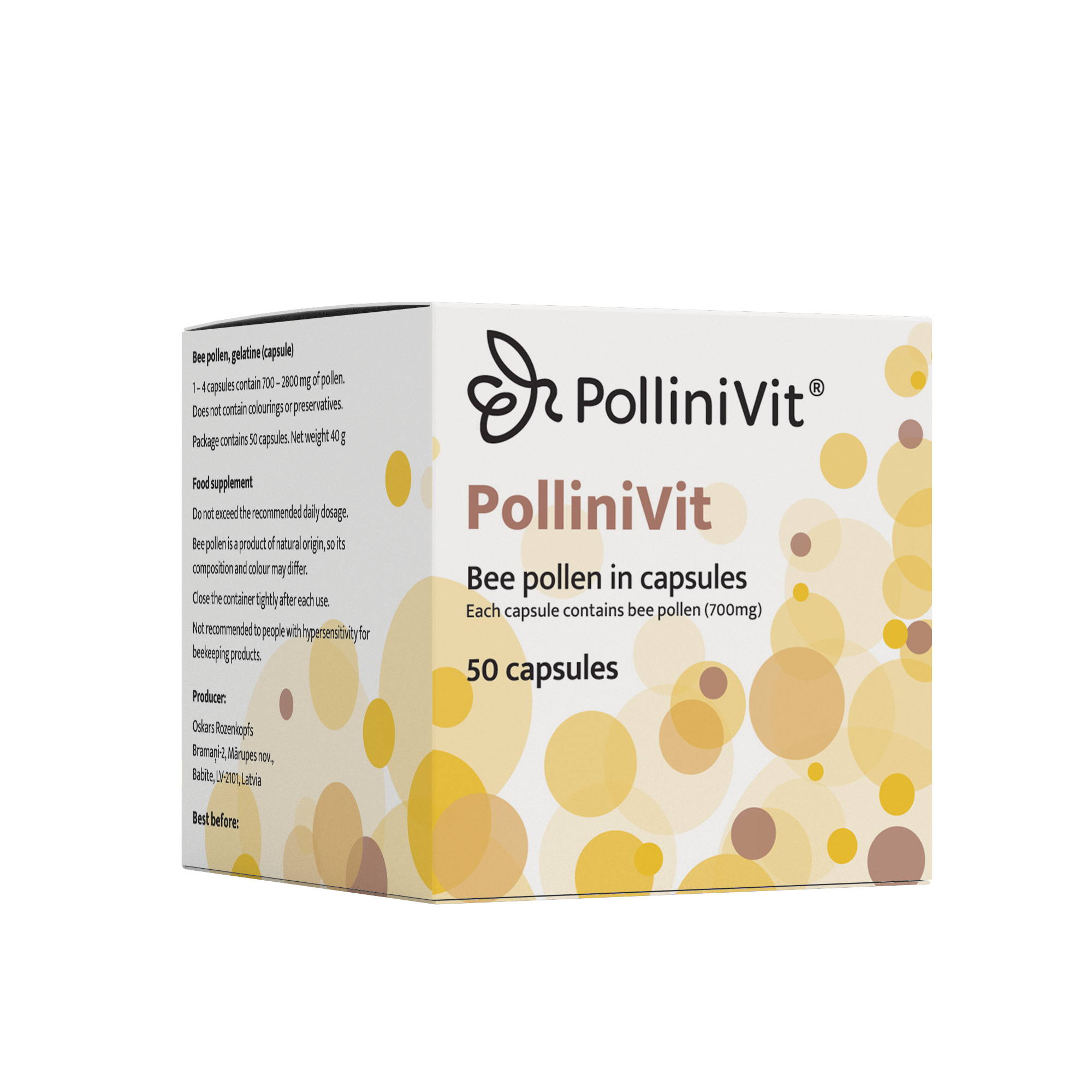
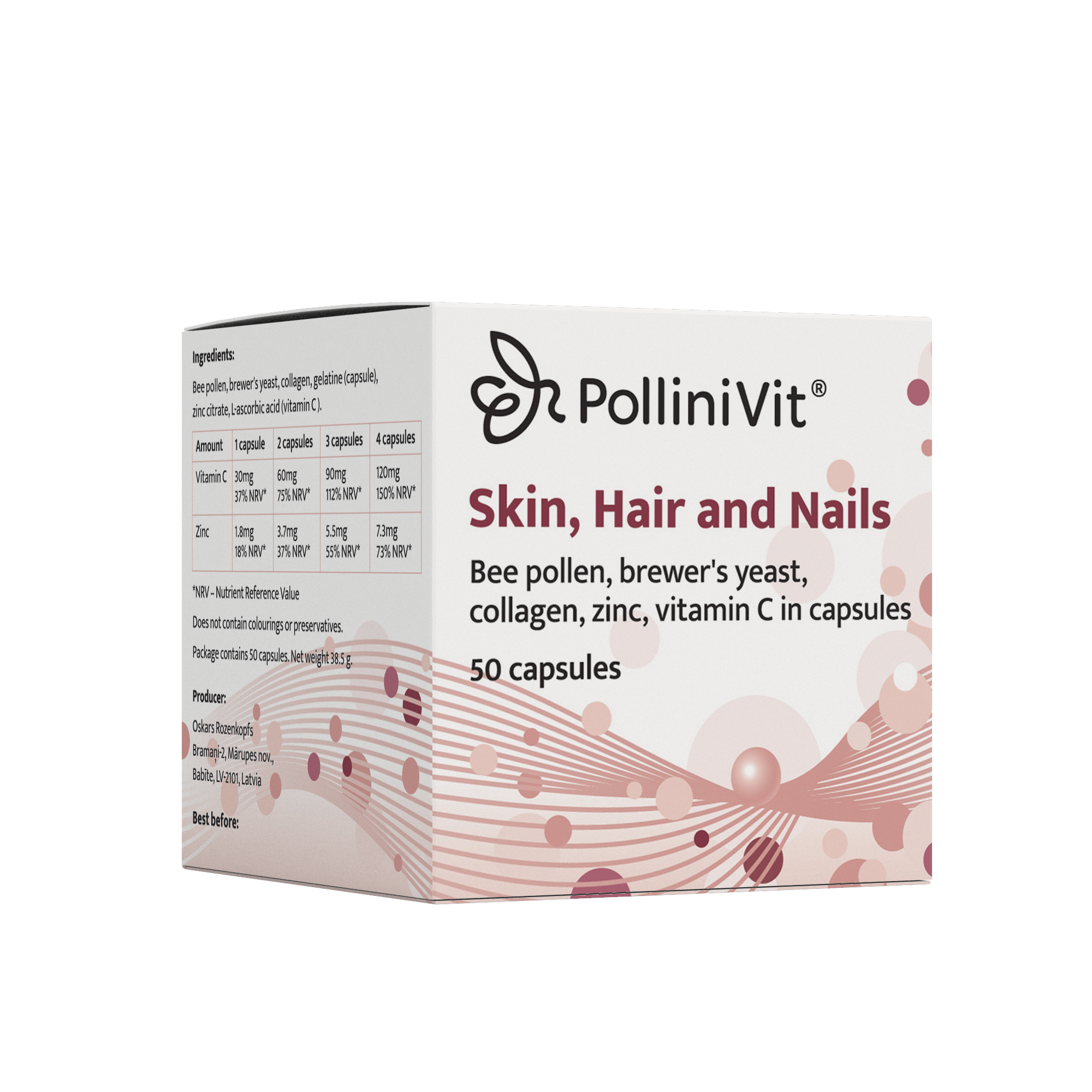

Reviews
There are no reviews yet.